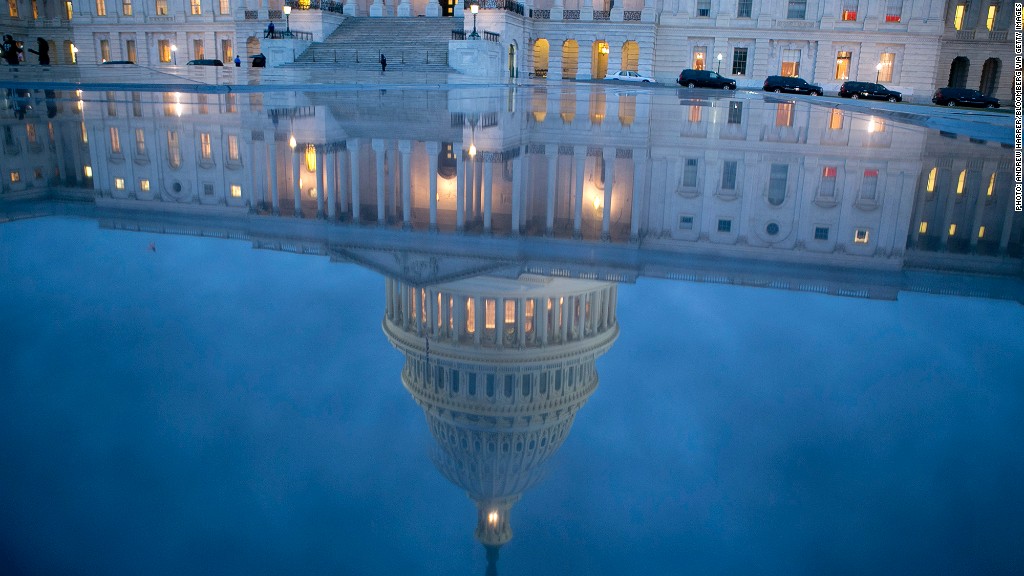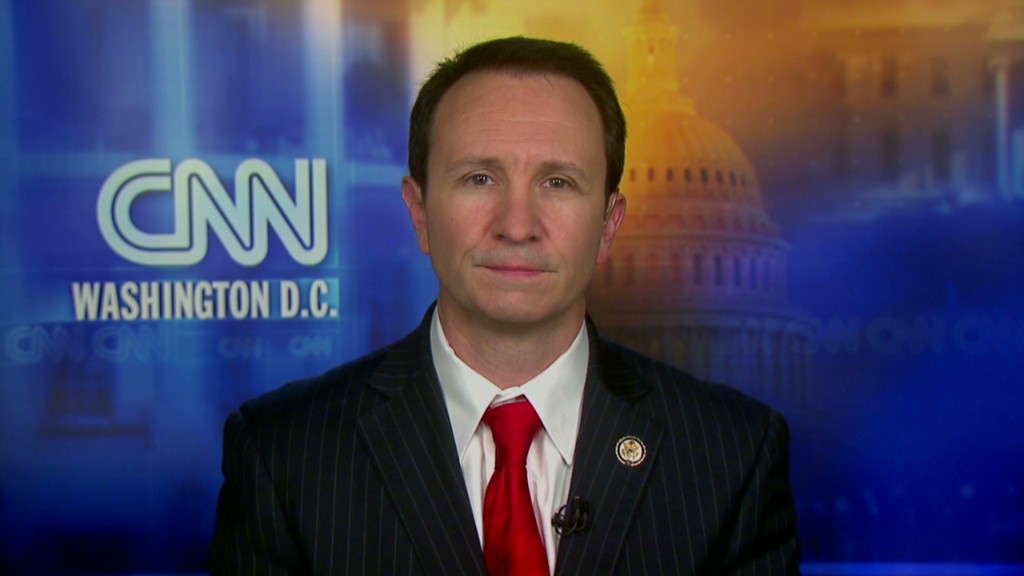
The fiscal cliff deal approved by Congress will increase deficits over the next decade by close to $4 trillion, according to the Congressional Budget Office.
That estimate is relative to a benchmark where all the Bush tax cuts expire and the the fiscal cliff stays in place. Technically, that's what would happen if Congress had done nothing to avert the cliff.
But that was never a likely scenario. For one thing, most economists said that such abrupt fiscal tightening would hurt economic growth in the near term.
Plus, few expect Congress to stick to such a strict fiscal regimen anyway.
Instead, most expected Congress to largely preserve the Bush tax cuts and cancel or weaken the rest of the fiscal cliff.

Compared to that more realistic scenario, the fiscal cliff bill will actually reduce deficits somewhat -- various estimates suggest by roughly $600 billion, and more with interest savings. The CBO did not offer a cost estimate for the Senate bill relative to this more realistic scenario.
Related: 3 more fiscal cliffs loom
The legislation, approved by the House late Tuesday, will avert much of the fiscal cliff's negative near-term economic impact by extending the Bush tax cuts for the majority of Americans, protecting the middle class from having to pay the Alternative Minimum Tax and retaining a number of tax breaks for businesses and individuals.
The bill also extends long-term unemployment benefits that were set to expire and avert a scheduled pay cut to Medicare doctors, among other spending provisions.
As a result, the CBO estimates that the bill will reduce revenues over 10 years by $3.64 trillion and increase spending by $332 billion.






